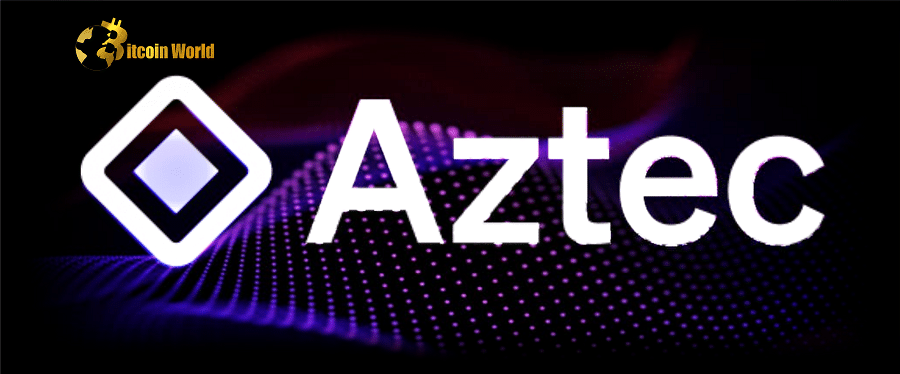Aztec Network will use the money to create a new encrypted blockchain and hire more engineers.
On December 15th, private layer-2 chain Aztec Network announced that venture capital firm a16z crypto had led a $100 million Series B funding round. Additionally, A Capital, King River, Variant, SV Angel, Hash Key, Fenbushu, and AVG participated in the round as well.
In order to ensure that the rules of the blockchain were adhered to, the company plans to hire new engineers and construct a “next-generation encrypted architecture” with the help of a16z. With blockchain encryption, users can conduct business without compromising their anonymity.
What we’re creating is ground-breaking software that changes the way people communicate and collaborate online by making the user the customer rather than the product. According to Aztec CEO Zac Williamson, “end-to-end encrypted blockchains protect individuals, eliminating the need for centralized financial systems.”
There have been rumors that Aztec is planning to launch a testnet in the next 12 months and a full mainnet deployment in the following 24 months.
The company claims that its cryptography has been put through its paces in a production environment using Aztec Connect, making it possible for hundreds of transactions to benefit from the added layer of privacy provided by decentralized finance (DeFi) protocols. Protocols like Aave, Curve, Lido, Element, Set Protocol, Compound, and Liquity are all part of Aztec Connect’s Ethereum DeFi ecosystem.
A public-private execution layer, which will allow for the seamless integration of encrypted and unencrypted applications, is also being developed by the company for its blockchain. As Aztec co-founder Joe Andrews put it, “From PGP and SSL to end to end encrypted messaging, we rely on encryption every day for businesses and commerce to thrive.” To bring the same level of security to our digital lives on the Web3.0 that we’ve had since Netscape, we’ve had to “stand on the shoulders of giants” and use a16z. We couldn’t have asked for a better collaborator as we work to bring Aztec to a wider audience.
In February of 2020, the Aztec privacy network went live on the Ethereum blockchain. It reportedly used Zcash-based technology to issue tokens with concealed monetary values, as reported by Cointelegraph.














